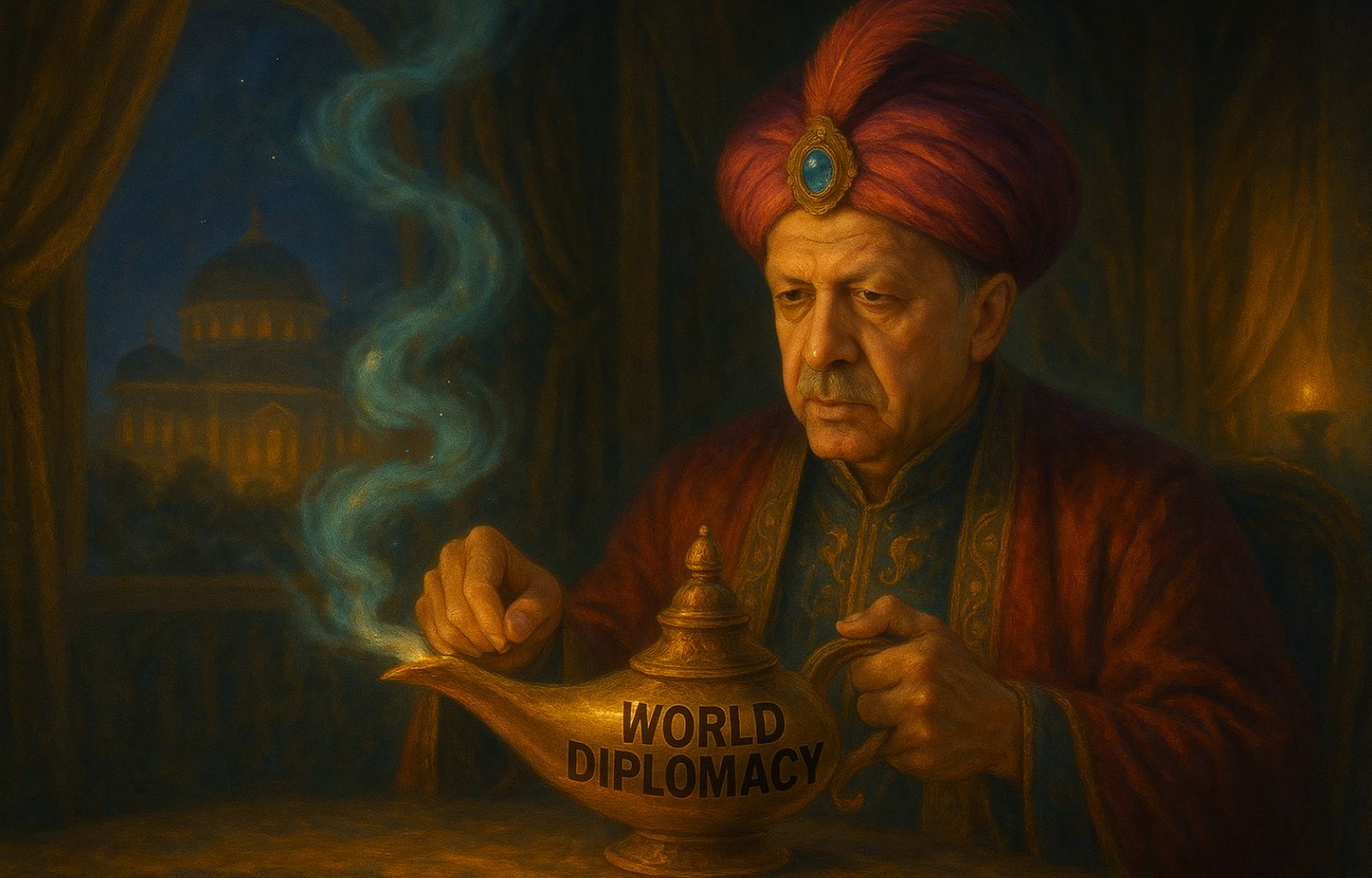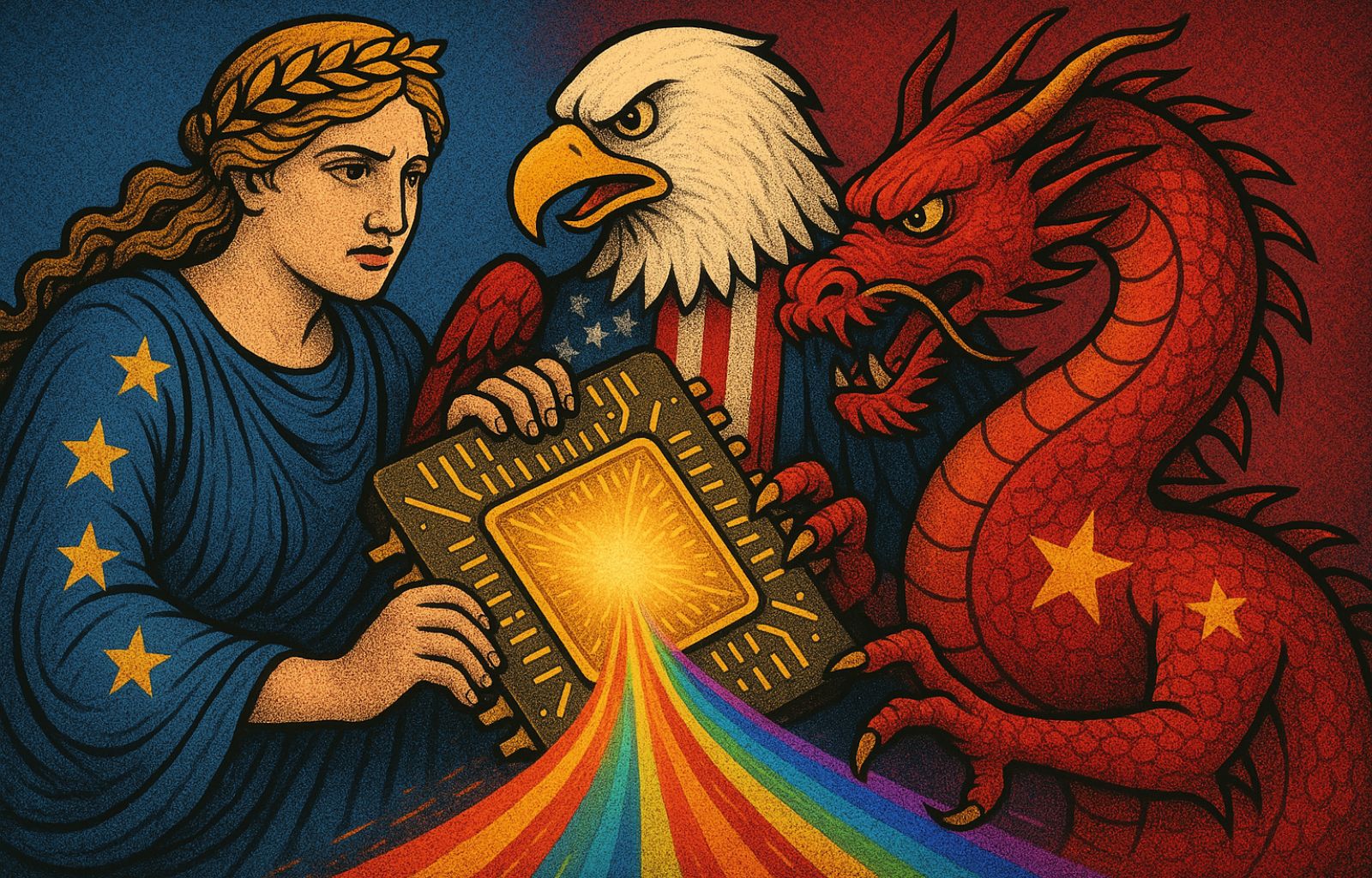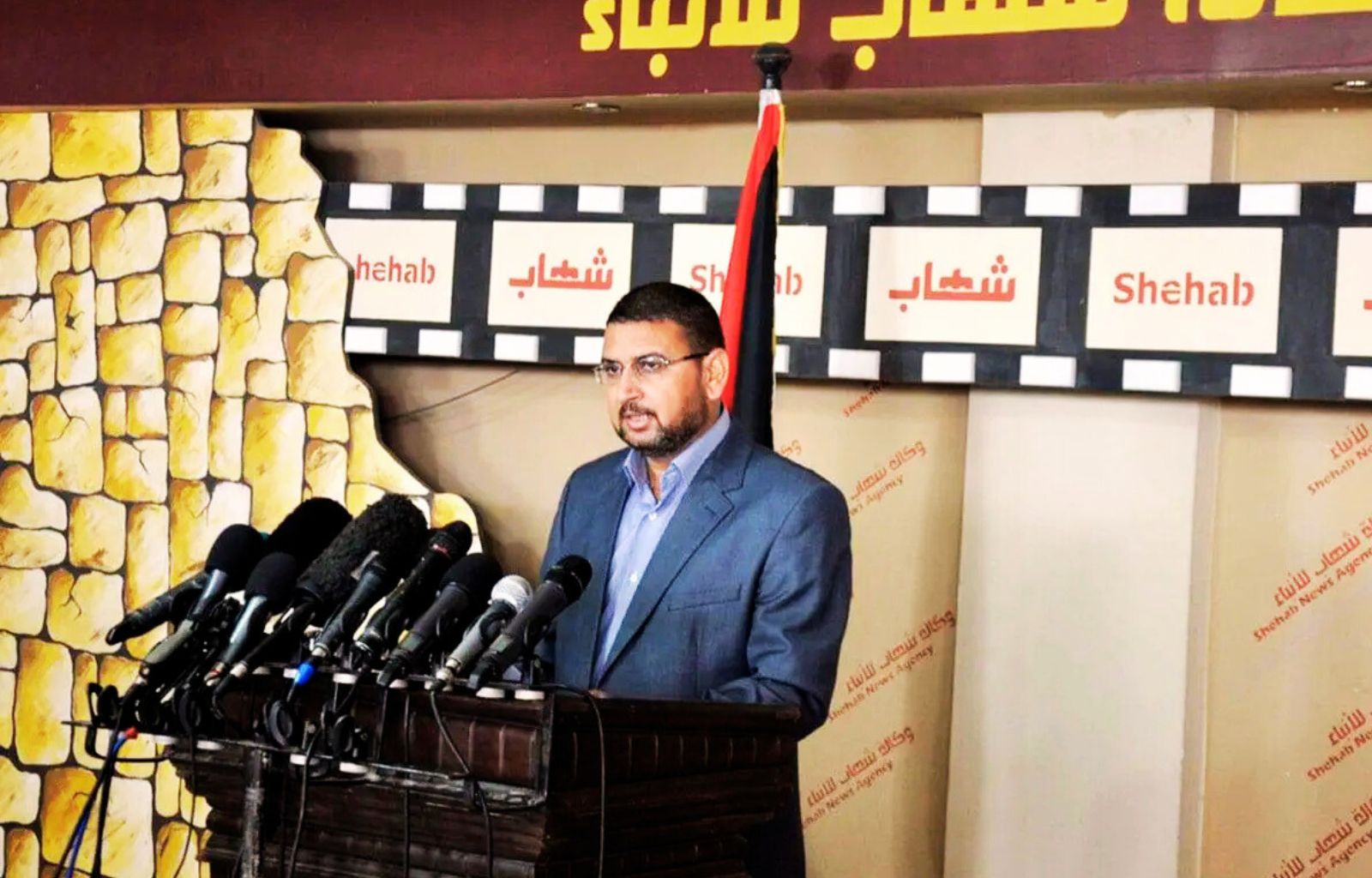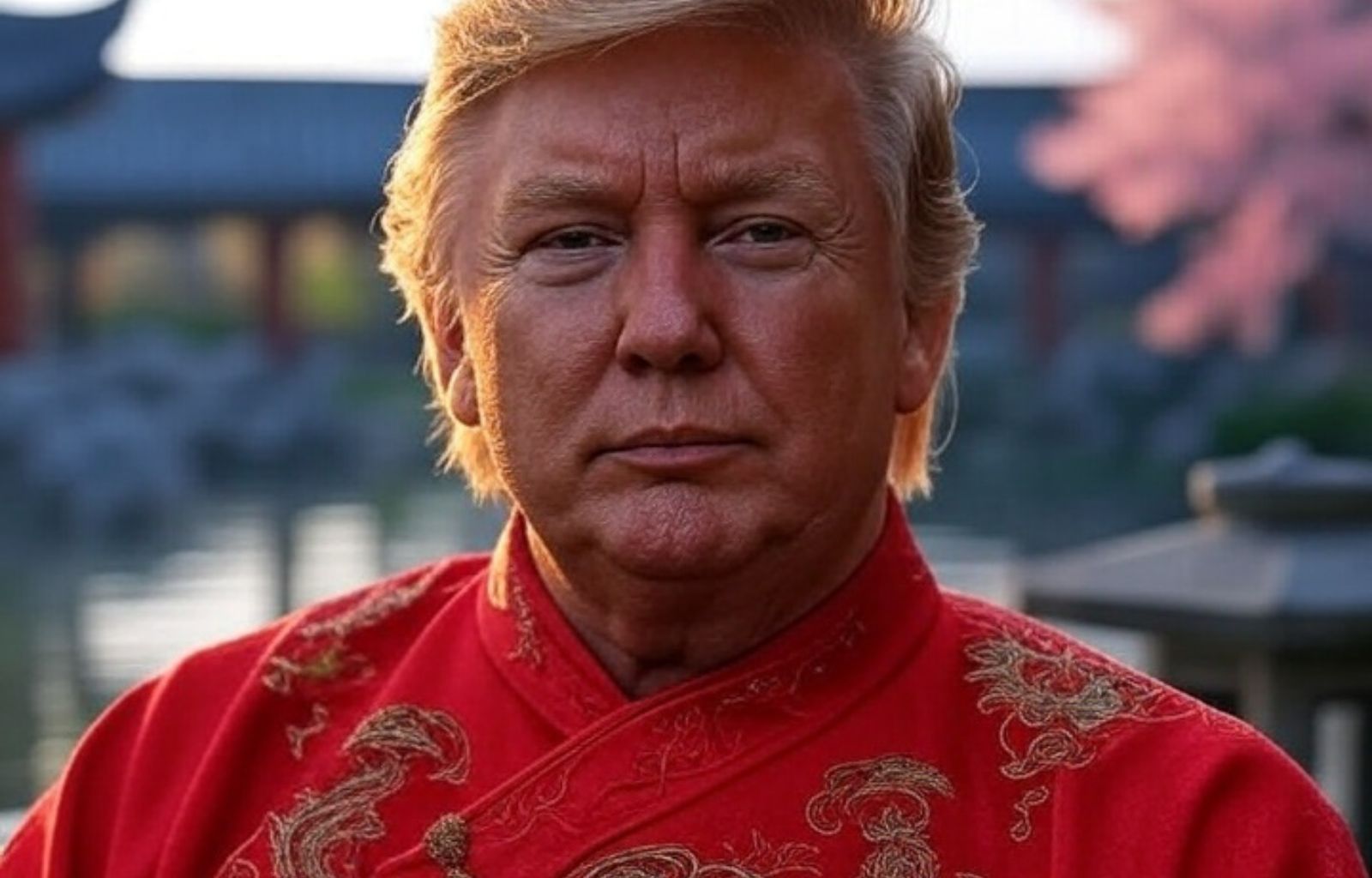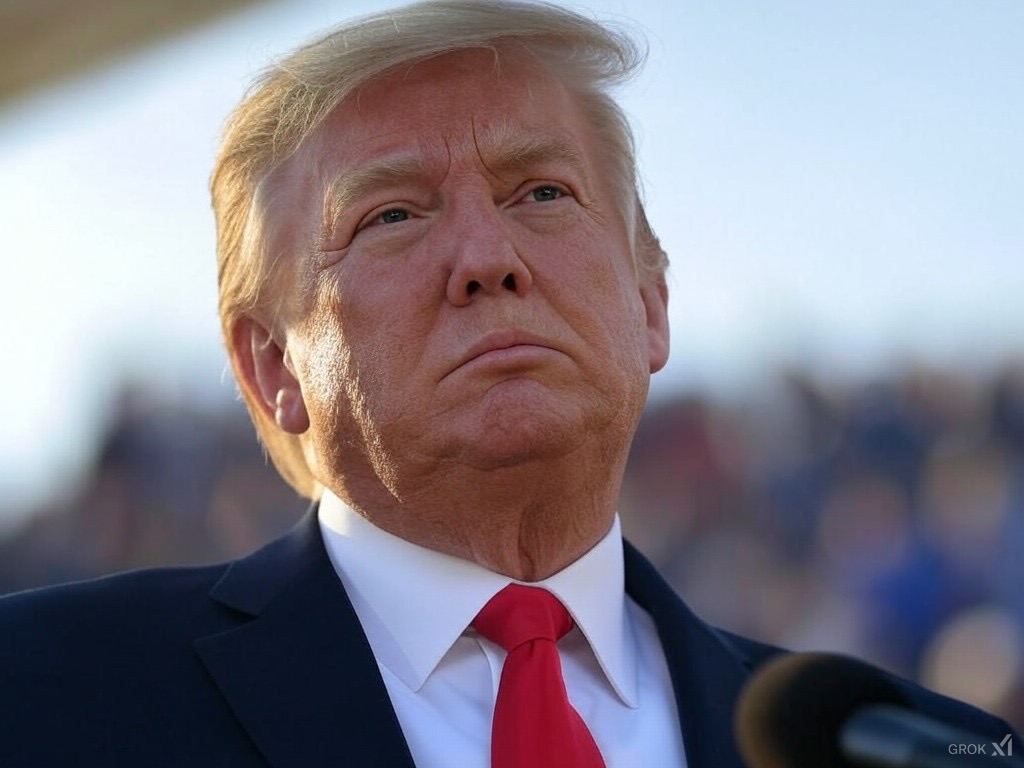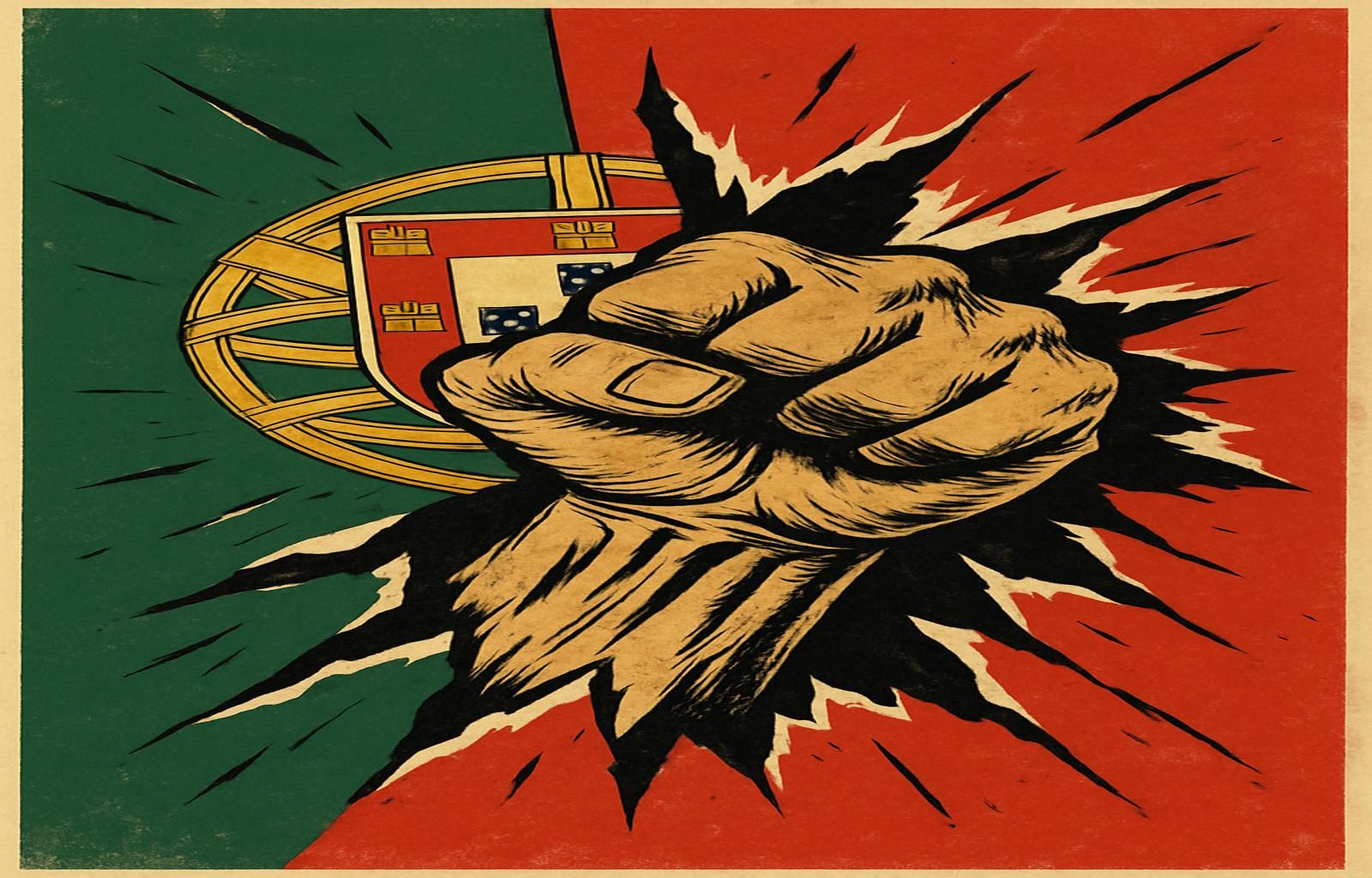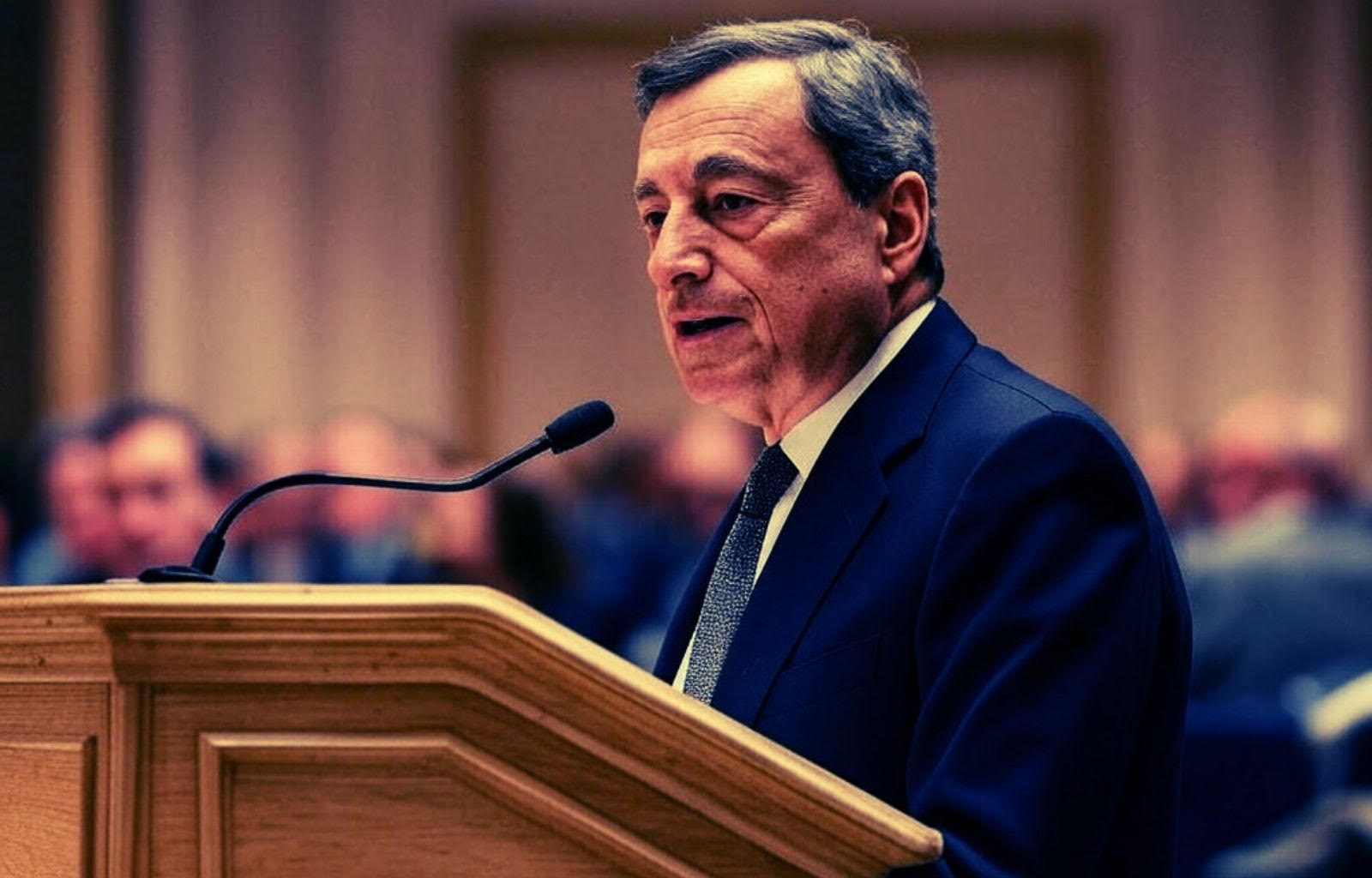Pandemics have no borders: why the Italian government is wrong

The World Health Organisation has proposed a global plan to prepare the world for upcoming pandemics. An international pact that aims to create a coordinated system to prevent, respond quickly, share essential data and ensure equity of access to treatment and vaccines.
An initiative that was supported by 124 countries.Italy, however, has decided to abstain. And it is not alone: Russia, Bulgaria, Iran and eight other states have also chosen not to sign.
A decision that not only raised perplexity but also left a bitter taste in the mouths of many. Not only among health officials, but also among citizens who remember well what it meant to live in the midst of an unprecedented pandemic.
The WHO does not intend to replace governments, but to build a network of global collaboration.
The Covid lesson
We have learnt this the hard way, as no country is capable of handling a global health emergency on its own. Covid-19 has crossed continents without asking permission, blocked economies, isolated people and brought health systems to their knees. Those who oppose the agreement raise the issue of national sovereignty. And here we go again: as always, as soon as there is talk of international collaboration, the fear of ceding power is triggered.
Yet a little shared sovereignty, in the name of the common good, would do us all good.
But no way: for some, this is a story that cannot even be told. They fear that accepting a global plan means having to bow in the future to decisions taken elsewhere, with no possibility of reply. A fear that borders on the absurd.
In 2020, it was the WHO that declared a global emergency and then a pandemic, when many governments were still playing down. It was an authoritative and timely voice. Italy, among the first countries affected, received technical support and concrete aid thanks to that network of cooperation. Not recognising that role today is not only a lack of gratitude but also a strategic error. Choosing to remain outside such an important agreement means, in concrete terms, giving up having a say in future emergency scenarios. Less information, fewer resources, less priority access to vaccines and treatments with the risk of finding ourselves in line again, as happened in 2020 when the global vaccine race began.
Viruses know no borders
Internally, too, this choice sends a selfish message: we prefer the logic of ‘us first’ to that of ‘together’. But viruses know no frontiers, and to think that we can defend ourselves by closing ourselves off is an illusion, because the real means of defence are only built through cooperation. Many analysts read more political than health reasons behind this refusal, and in an international climate marked by the return of nationalism and identity rhetoric, any global agreement is viewed with suspicion. But public health is a challenge that cannot be met with slogans: it must be tackled with science, responsibility and vision.
Covid has taken so much from us: affection, freedom, security. But it has also taught us that we can no longer afford to be unprepared. Today, when the worst seems behind us, we risk forgetting. And forgetting is the first step towards error. The WHO may not be a perfect body, but it is the only one that can coordinate a global response to pandemics. Turning our backs on it now would be a mistake since Italy has already paid a very high price, which is why it has a duty – and an interest – to play an active part. Not alone, but together with the rest of the world.

